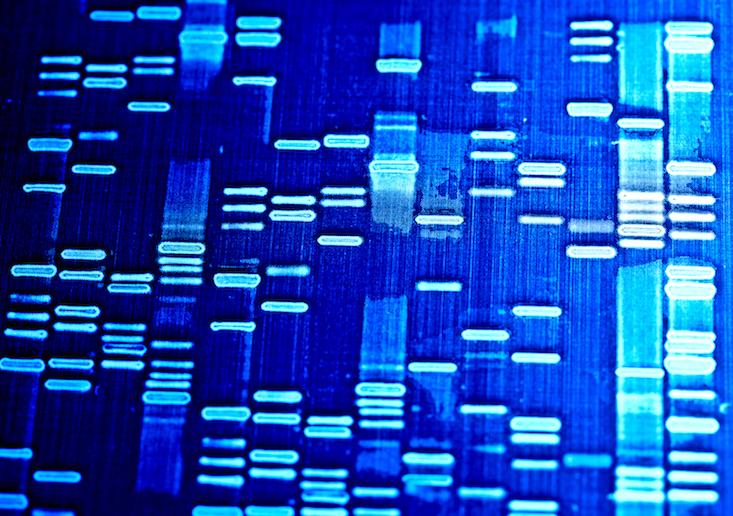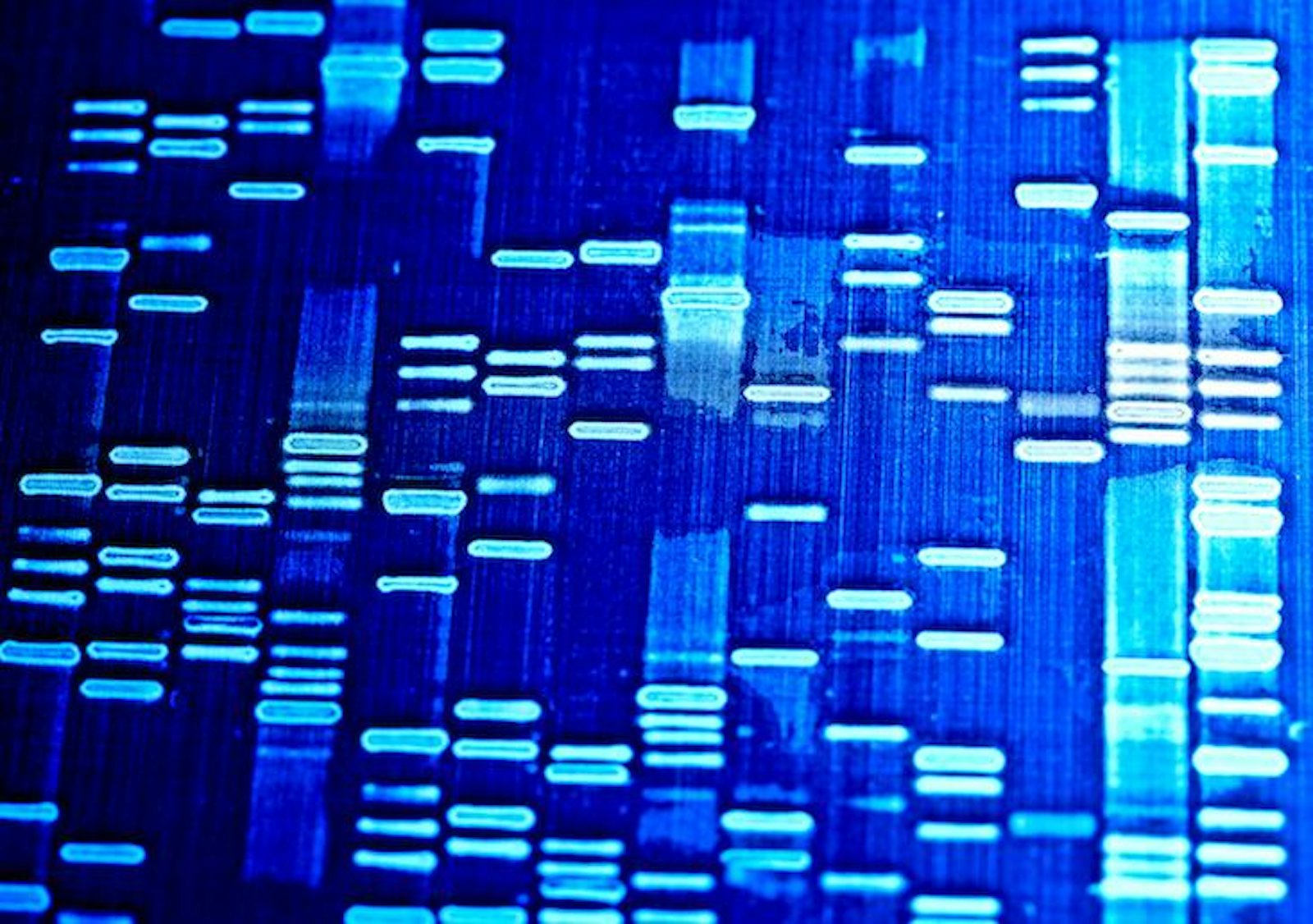
We are healthier and living longer than we ever have, and advances like personalized medicine seem to promise an ever brighter future. But as the proportion of elderly people increases, so do the complexities of age-related medical care.
Nautilus caught up with Mary Tinetti, a doctor and researcher at the Yale School of Medicine, to talk about her work on improving healthcare for aging patients. Tinetti emphasized the importance of treating people in all their complexity, not just their disease—particularly when multiple conditions are present, as often happens with elderly patients.
What does the increasing specialization of medical research mean for clinicians, scientists, and patients?
Sometimes we miss the big picture. We can know more and more about a very small area, but we don’t know how addressing that area affects everything else that’s happening in people’s health, lives, and bodies. At a time when we need to get broader, we’re getting narrower. When people have multiple issues in their lives that are important, what the clinician or specialist focuses in on may not be what’s important to that individual. You could help one health problem, but make others worse. That’s one of the limitations of our specialty approach, certainly in clinical practice and to some extent in research as well.
Aging is a wonderful opportunity.
Why might precision medicine make medical care more complicated for older adults?
Precision medicine can identify people’s specific susceptibility to a disease or their likeliness to respond to treatments, but individuals have their own social and environmental context: a combination of conditions. So precision medicine may be fine for one disease, but people can have multiple. Trying to address one disease can make others worse, and it really depends on what people find most important. As people age and develop more health conditions, they vary in what matters most to them, both in terms of the outcomes they want and what they’re willing to do to achieve them. Precision medicine doesn’t really address any of that patient variability.
Should patients help tailor their own medical care?
It should really be tailored to what people want from their healthcare, across all their conditions. Until recently, the assumption was that the clinicians know best: “Do what I ask you to do and you’re going to be better.” Now we’re starting to recognize that, particularly in people with multiple conditions, they vary in the outcomes that they want, and in the healthcare tasks that they’re willing and able to do. There needs to be much more of a partnership and negotiation between patients and clinicians. If you’re a heart doctor, you’re going to be concerned about blood pressure, avoiding heart attacks and hospitalization for heart failure, and so on. But if you’re a patient, you may be more concerned about having enough time in your day after going to all these specialists and doing all this testing to spend time with your grandchildren. The patient is the expert in those outcomes, and in what matters most to them. The clinician is the expert in how to help them achieve those goals.
What are you doing to improve medical care?
I’m specifically working to help patients identify their health priorities and get clinicians and specialists to focus not just on what’s best for [treating] the disease, but what’s most likely to help people achieve their own outcomes. We need more evidence from the population of people with multiple diseases of what the net benefit and harm of each individual treatment is. When many things are compromised, like your strength, balance, blood pressure, memory, and so on, it gets more difficult for you to compensate. You lose the ability to withstand things out in the environment. Falls increase in frequency as you get older; heart failure can be worsened by stress, diet, or having to walk to a bus because you don’t have a car. It’s all an interaction between an individual and the environment. We also need to get patients, clinicians, and health systems on the same page in terms of care for older adults with chronic conditions.
Why aren’t they on the same page?
We’ve made this false dichotomy, in research, medicine, and society, between physical and mental health conditions. In truth, they’re all biologically based and influenced by the social environment—whether you’re talking about cancer, heart failure, heart disease, or depression. Like any disease, aging per se is not necessarily the problem, although mental and physical health illnesses increase in frequency with aging.
What do we get wrong about aging?
I think our assumption has been, and is, that aging is a problem. In truth, if you turn it around, it’s a wonderful opportunity. People are living longer and healthier lives, and some of the most interesting work is in identifying what to do with those extra years. When your health is still good, your finances are better, you don’t have to worry about working so hard, and your kids are grown up, you’ve got these years that are a blank slate. People are starting to ask: What do you do with those wonderful years of opportunity? That, to me, is some of the most exciting stuff in aging: not what goes bad, but what are the opportunities with those extra years.
Silvia Golumbeanu is an editorial intern at Nautilus.
This article was originally published on the Nautilus Aging channel in September 2017.






























